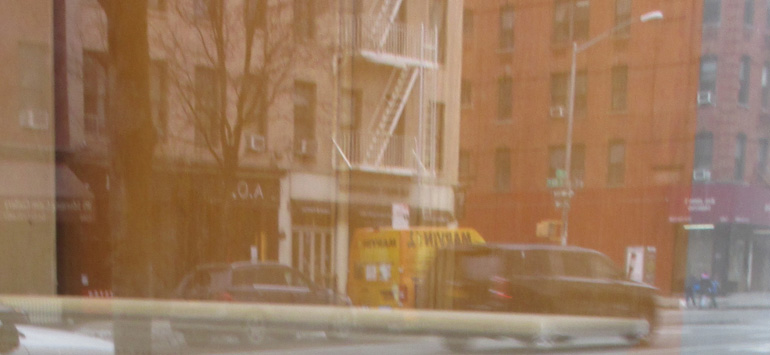Gotham Diary:
Camp Followers
10 April 2017
Monday 10th
Frances Fitzgerald has published a new book that, like most of her others, quickly establishes itself as Required Reading. The Evangelicals: The Struggle to Shape America is a brisk but rigorous survey of a movement with primeval roots in American culture. But that word, struggle, so overused in subtitles, here eloquently attests to the difficulty that Evangelicalism has had in asserting its primacy over the culture. The United States may well be the most “religious” country in the developed world, with more of its people willing to assert a belief in God. But American religiosity is ideologically ramshackle, as is clear from its wavering and unclear relations with the more disciplined Calvinist creeds from which it derives. It is also stoutly opposed by an antagonist culture, rooted in the Western secular thought of which our Constitution is a flower, of social justice.
This is an old antagonism. A threshold decision about living in the world must be made by every person in it: is the world worthy of improvement, or is it rather a bolus of wickedness that is about to meet the divine retribution that it deserves? To put the choice in terms of Scripture alone, which are the more important pages of the New Testament, the moral teachings of Jesus or the not altogether coherent predictions of Revelation? If I bet on the Rapture, do I need health insurance? If Armageddon is at hand, should I worry about racial inequality?
American Evangelicals did not invent this duality; it runs through the entire course of heresy from the earliest days of the Christian Church. Until the Sixteenth Century, much of what Evangelicals now stand for was heresy, in the eyes of the Christian establishment at Rome. No sooner was that establishment upended in Northern Europe, however, than fratricidal doctrinal squabbles sent many protestants into exile. On the other shore of the Atlantic, exile was repackaged as paradise, a new home for new religion. Not long afterward, though, it also became a mercantile power, with cities full of the virtually godless. The soldiers of Christ have no more prevailed in the New World than they did in the Old. Strange offshoots from the Nineteenth Century, such the Oneida Community and the Church of Jesus Christ of Latter Day Saints (one of them still very much with us), gave way in the Twentieth to glitzy, vaguely disgraceful performances by such intriguing people as Aimée Semple McPherson, and Jim and Tammy Faye Bakker. (I’ve cheated and read ahead: Fitzgerald on the Bakkers is a feast of understatement.) Evangelicals have somehow emerged, in the Twenty-First Century, as supporters of every kind of inequality; they appear to be committed to a democracy that is limited to white heterosexual males. Whether that’s “American” or not remains, unfortunately, to be decided.
I am not a spiritual person, but I am aware of drawing great strength from a belief in “society” that has a distinctly spiritual aura, and, what’s more, is no more demonstrable, no more available to truth claims, than a belief in the Holy Trinity. I simply believe that it is there, and I should be broken if I didn’t. I believe that what’s best about human beings is their ability to cooperate and to provide mutual support — sometimes just by having fun together. What makes these achievements wonderful is their way of acknowledging the manifest inequality of born humans. At our best, we help one another out without expecting one another to share a greater likeness. (We are rarely at our best.) I am no socialist; I do not dream of making humanity harmonious. But we are mutually dependent for safety and comfort. To me, the denial of this basic proposition is clear evidence of emotional immaturity.
Sore as our unresolved inequalities of race and gender remain, we appear to be on the verge of confronting a new inequality of employability. It will be interesting to see how Evangelicals fare among the new jobless, and vice versa. The nub of the equality problem is the secular dream (shared by Jesus) of treating different people equally. It is not to say that difference is unimportant or easy to overlook; on the contrary: difference is unignorable. It is only when difference is recognized and accepted that equality can be granted. The difference that I’m talking about is not the difference of other people. It is the difference of me, the lonely uniqueness of my particular chaos in the universe. Only when I set aside imaginary groupings to which I might pretend to belong do I ache for equality, simply that I may be treated equally myself.
More anon.

